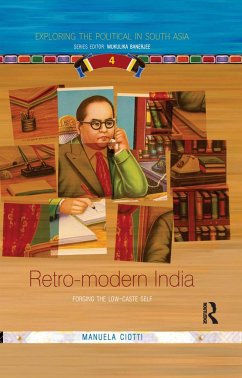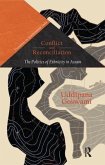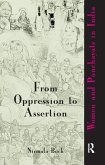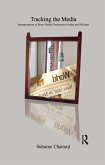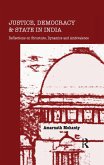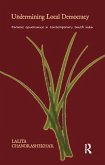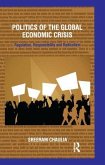Firmly situated within the analytics of the political economy of a north Indian province, this book explores self-fashioning in pursuit of the modern amongst low-caste Chamars. Challenging existing accounts of national modernity in the non-West, the book argues that subaltern classes shape their own ideas about modernity by taking and rejecting from models of other classes within the same national context. While displacing the West - in its colonial and non-colonial manifestations - as the immanent comparative focus, the book puts forward a unique framework for the analysis of subaltern modernity. This builds on the entanglements between two main trajectories, both of which are viewed as the outcome of the generative impetus of modernisation in India: the first consists of the Chamar appropriation of socio-cultural distinctions forged by 19th-century Indian middle classes in their encounter with colonial modernity; the second features the Chamar subversion of high-caste ideals and practices as a result of low-caste politics initiated during the 20th century. The author contends that these conflicting trends give rise to a temporal antinomy within the Chamar politics of self-making, caught up between compulsions of a past modern and of a contemporary one. The eclectic outcome is termed as 'retro-modernity'. While the book signals a politics of becoming whose dynamics had previously been overlooked by scholars, it simultaneously opens up novel avenues for the understanding of non-elite modern life-forms in postcolonial settings. The book will interest scholars of anthropology, South Asian studies, development studies, gender studies, political science and postcolonial studies.
Hinweis: Dieser Artikel kann nur an eine deutsche Lieferadresse ausgeliefert werden.
Hinweis: Dieser Artikel kann nur an eine deutsche Lieferadresse ausgeliefert werden.

